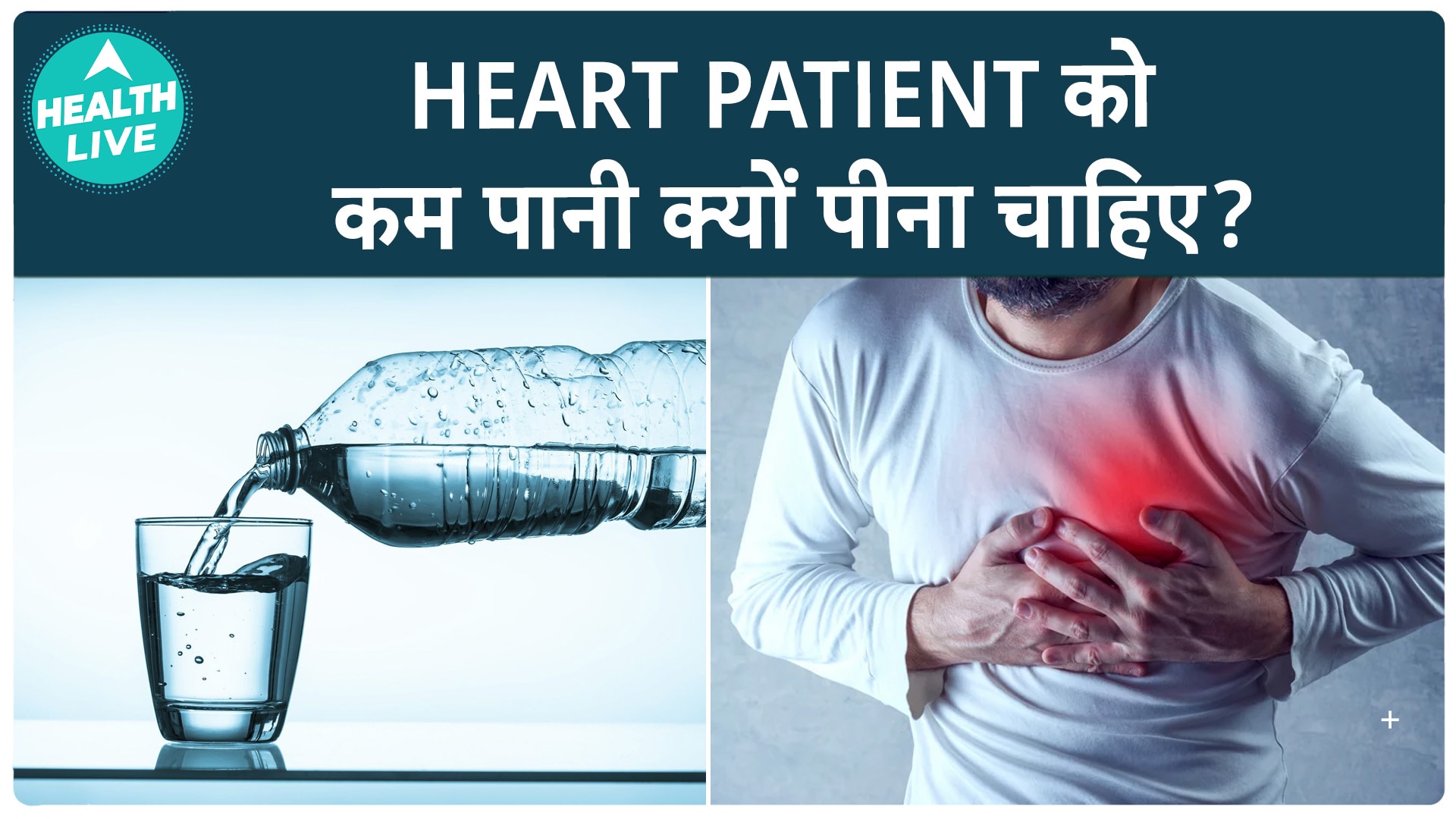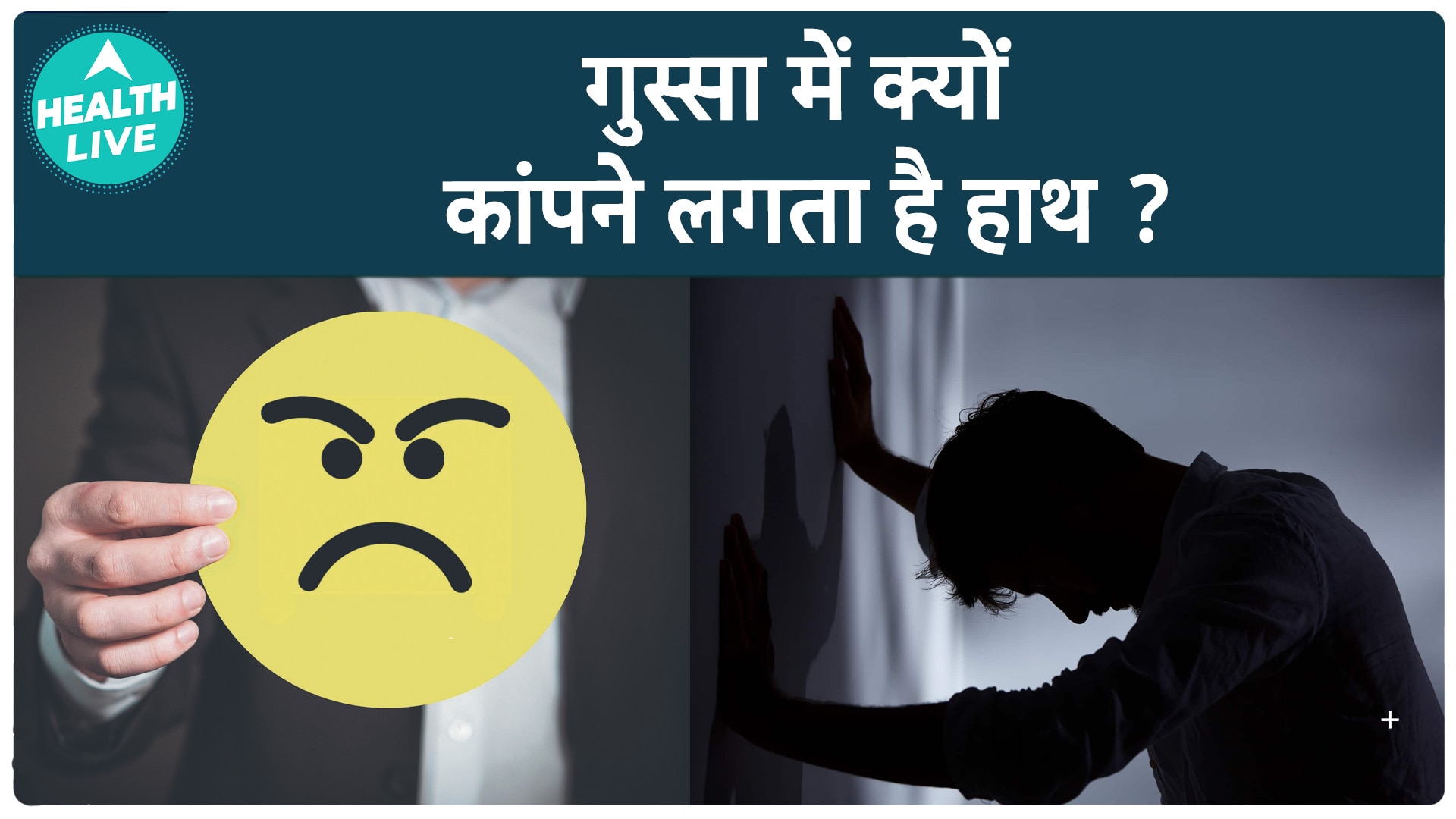Psychiatrist Dr. Elie Isenberg-Grzeda is familiar with symptoms of what’s been called the “tyranny” of excessive positivity. Often what drives people with cancer to his office isn’t the diagnosis itself, but the angst and stress of trying to remain unrelentingly positive, which, implicitly or explicitly, people diagnosed with cancer are told they are supposed to do.
People arrive with what looks like severe anxiety, “and, for many of them, when you unpack it and figure out what’s going on, they’re anxious about needing to stay positive — it’s kind of an impossible task to do, 24/7,” said Isenberg-Grzeda, a specialist in psychosocial oncology at Sunnybrook Hospital’s Odette Cancer Centre in Toronto. After acknowledging their distress “and how challenging their situation is,” Isenberg-Grzeda will often ask whether they would be open to hearing what the literature shows. Some say yes, some no.

“Some are such fierce believers in the (positivity) mindset they really don’t want to know, and it’s often counterproductive to try to convince someone of something they are not ready to hear.” The idea that cancer progression or disease survival can be influenced by a positive attitude or by keeping up a “fighting spirit” isn’t grounded in scientific evidence, he and other doctors said. Anecdotally, however, “you’ll hear from people, ‘I beat this because I was positive, I had the right thinking, the right attitude,'” Isenberg-Grzeda said.
While some reviews have reported that “unfavourable coping styles” and negative emotions are associated with poorer survival after a cancer diagnosis, the evidence that stress directly affects survival is weak, according to the U.S. National Cancer Institute.
Most studies exploring whether psychological factors slow the progression of cancer or boost survival have yielded null results, according to a critical review of positive psychology’s claims. Still, for many people, a positive attitude can improve quality of life and mental wellbeing — one study of 110 people with lung, colorectal or breast cancer found those with higher positivity reported less anxiety and despondency Isenberg-Grzeda would never tell someone not to be positive, “if that’s what’s working for them and they have no distress about it.” When asked by The New Yorker writer Ariel Levy whether she had ever given in to self-pity after undergoing a double mastectomy and gruelling rounds of chemotherapy following a breast cancer diagnosis in 2017, actress Julia Louis-Dreyfus, star of Seinfeld and Veep, described taking a somewhat balanced approach.
She didn’t let fear take over. “Am I gonna be dead tomorrow, kind of thing? I didn’t let myself go there,” she said. “Don’t misunderstand: I was to-my-bones terrified.
But I didn’t let myself — except for a couple of moments — go to a really dark place. I didn’t allow it.” When cancer cells are dividing uncontrollably, it’s tantalizing to think about regaining a sense of control, Isenberg-Grzeda said, “whether through one’s personal belief that their attitude can somehow control their cancer cells or whether that’s by choosing to control whatever else they can in life, like their attitude and mindset.
“For many, though, this can still be quite difficult.” Catherine, Princess of Wales, also spoke of the fear of navigating cancer in a video released this month , describing her journey as “complex, scary and unpredictable for everyone, especially those closest to you.” “With humility, it also brings you face to face with your own vulnerabilities in a way you have never considered before, and with that, a new perspective on everything,” Catherine said in announcing that she is “cancer free” and has completed chemotherapy.
Cancer is the leading cause of death in Canada, though the lifetime probability of being diagnosed with and dying of cancer has fallen since the mid 2010s, according to Statistics Canada. In an earlier podcast for the Canadian Psychiatric Association, Isenberg-Grzeda described how cancer evolved from something “really, really scary” and, generally, untreatable at the start of the 20th century, to something with far more “breadth” in terms of possible outcomes due to better surgical techniques and better treatments. Cancer is no longer synonymous with certain death or suffering.
Almost everybody has some belief — “though patients often tell me they know it sounds irrational” — as to how they got cancer, he said. People have blamed it on “that trip we took that time and the weird chemical smell in the hotel room” or “the year I had that really stressful job.” Part of his job is to help alleviate the guilt and absolve people of the sense that maybe they could have done something differently.
Staying positive as a way of reducing our stress hasn't panned out as an evidence-based anti-cancer treatment Once diagnosed, the hope cancer can be influenced by emotional states is a popular one, he said. “People will say to me, ‘I just have to stay positive.’ And I’ll ask them, ‘What does that mean to you?'” Isenberg-Grzeda said.
“Sometimes people will say, “I just have to beat this. I just have to keep thinking I can beat this.'” The idea that a positive attitude could triumph biology was advanced by a study published in 1979 involving 69 women with early-stage breast cancer.
Women who had a “fighting spirit” were more likely to be disease-free at five years of follow-up than women who had responded with “stoic acceptance or feelings of helplessness and hopelessness,” researchers reported. A later, larger studying involving 578 women , also with early-stage breast cancer and published in The Lancet, found that, while it may be an important coping strategy, “fighting spirit” showed no significant association with a higher chance of survival. The authors of the Lancet paper worried that some women interpreted the earlier study “as meaning that if they do not constantly maintain a fighting spirit then the cancer might come back or get worse.
“What a terrible burden to bear,” they said. “For these women we can now relieve them of this burden and explain that to have emotional ups and downs is normal.” There’s no good or bad approach, Isenberg-Grzeda said.
Different people respond with different reactions and emotions when told they have cancer. Most feel mental distress of some sort. A sense of shock, sometimes panic.
Testing and workup and waiting for surgery can be “incredibly anxiety inducing,” he said. “Some have trouble tolerating the uncertainty of it all.” Insomnia is common.
“People just can’t shut their brains off, the worry off.” Emotions change as people move through treatment. Those with higher stage disease generally have more intense emotions compared to those with early stage cancers.
But attitude or personality traits don’t significantly impact recurrence or survival rates, according to the American Institute for Cancer Research , and the pressure to present “an unrealistically upbeat facade” can be particularly oppressive and burdensome, the research group said. The alternative isn’t “abject negativity” or wallowing in gloom, but pragmatic realism, they said, which “arguably equips a cancer patient most effectively for the challenges of diagnosis, treatment and beyond.” For some, the positivity approach can be a means of regaining control.
“Everything else might be totally out of their control, but at least this is something they can do and hang on to,” Isenberg-Grzeda said. One pathway said to support the “positivity boosts survival” hypothesis is the HPA (hypothalamic-pituitary-adrenal) axis, the connection between the brain and adrenal glands that control the body’s stress reaction. Imagine the adrenaline rush if you’re driving, and a car suddenly swerves towards you.
“I see the car, which sends a signal through my optic nerves to a part of the brain called the amygdala,” Isenberg-Grzeda said. The brain recognizes this as “danger,” and sets off a cascade of impulses from the hypothalamus down to the adrenal glands, which finally shoot out a rush of adrenaline. “My heart pounds, my breathing increases,” Isenberg-Grzeda said.
Chronic stress can mess with HPA axis function, which in turn can lead to immune dysfunction. The immune system doesn’t work as well when the body is stressed. Wounds don’t heal properly.
The immune system gets sloppy at looking for and eliminating cancer cells. Connect the dots, and it might be easy to conclude that when we’re more stressed, the HPA axis isn’t functioning properly, the immune surveillance isn’t working at its full capacity and we are, therefore, more prone to cancer. “But staying positive as a way of reducing our stress hasn’t panned out as an evidence-based anti-cancer treatment,” Isenberg-Grzeda said.
“If it were, every oncologist would be prescribing positivity.” Some people do get depressed after a cancer diagnosis, though not everybody, he said. “Certainly not the majority of folks.
” But many do feel pressured to adopt a particular coping style. “And those moments when they’re not really feeling positive? It can be incredibly damaging to people to feel like they’re maybe doing something wrong.” National Post Our website is the place for the latest breaking news, exclusive scoops, longreads and provocative commentary.
Please bookmark nationalpost.com and sign up for our newsletters here ..


















